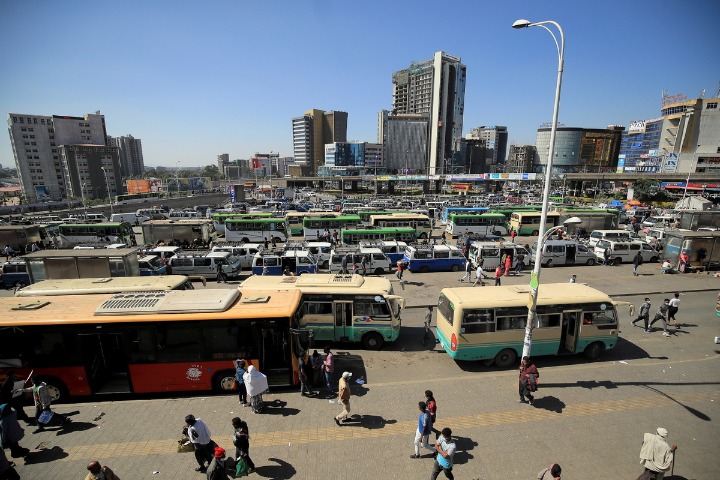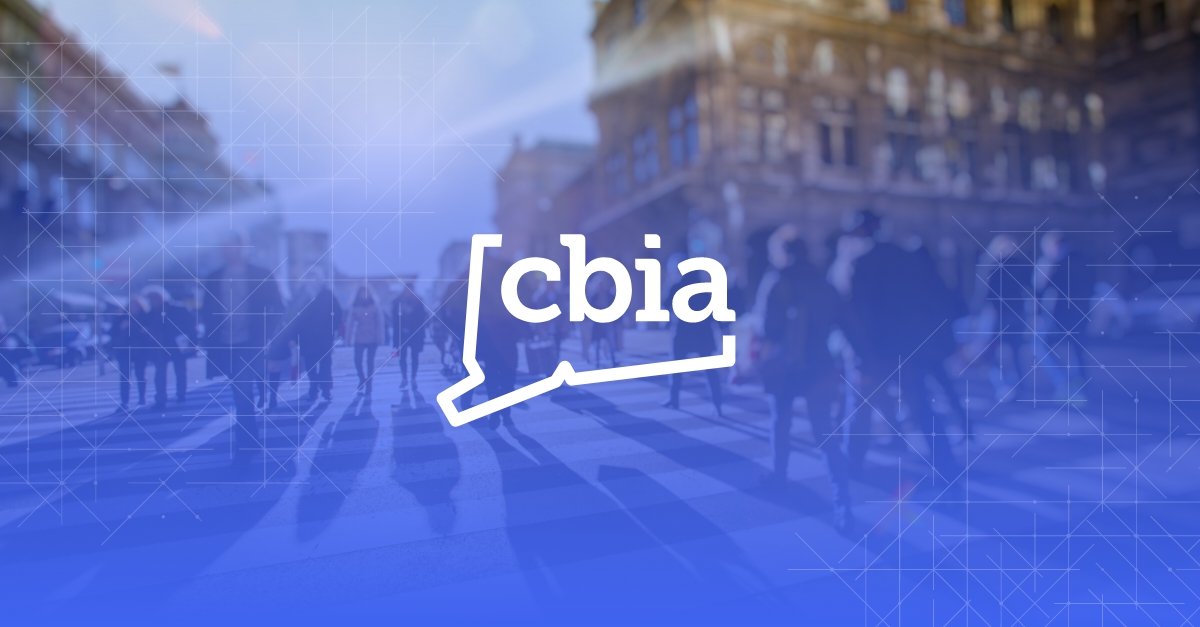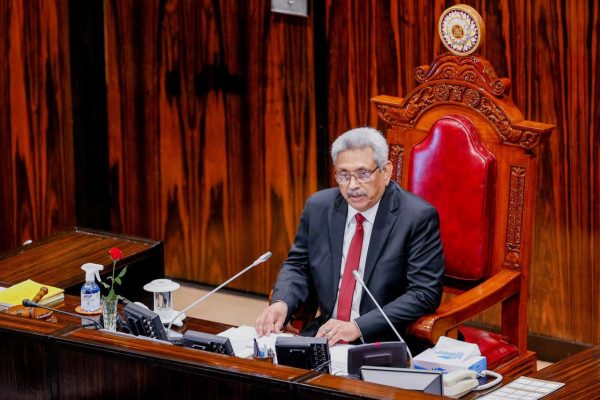China ‘is not responsible’ for Africa’s debt crisis, it’s the West (study)

African countries owe three times more debt to Western banks, asset managers and oil traders than to China, and have to pay double the interest, according to a study published Monday by the British charity Debt Justice. .
This is despite growing accusations from the United States and other Western countries that loans from China are to blame for the debt problems facing some African countries.
The study said only 12% of the continent’s external debt was owed to Chinese lenders, compared to 35% to Western private creditors, according to calculations based on World Bank data.
Do you have questions about the biggest topics and trends around the world? Get the answers with SCMP Knowledge, our new curated content platform with explanations, FAQs, analysis and infographics presented by our award-winning team.
Interest rates charged on private loans were almost double those on Chinese loans, while the most indebted countries were less likely to have their debt dominated by China, according to the study. The average interest rate on loans from the private sector is 5%, compared to 2.7% on loans from Chinese public and private lenders.
The study was released ahead of the July 15-16 G20 finance ministers meeting in Indonesia. Campaigners are calling on Western countries, particularly Britain and the United States, to force private lenders to participate in the Common Framework – the latest G20 debt relief package.
The study found that a dozen of the 22 most indebted African countries paid more than 30% of their total external repayments to private lenders. These include Cabo Verde, Chad, Egypt, Gabon, Malawi, Morocco, Rwanda, Senegal, Tunisia and Zambia.
South Sudan is one of the hardest hit in this category, with 81% of its debt repayments going to private creditors and only 11% to China. Ghana also pays more than half of its external debt obligations to the private sector, with 11% going to China and the rest to multilateral lenders and other governments.
Chinese lenders accounted for more than 30% of loan repayments in six of the 22 most indebted countries: Angola, Cameroon, Republic of Congo, Djibouti, Ethiopia and Zambia.
The study’s calculations showed that 59% of Angola’s external debt payments went to Chinese lenders. And Djibouti – where China has invested billions of dollars in building ports and free trade zones, and also set up its first overseas military base – makes 64% of its foreign debt payments to Beijing.
Debt justice policy chief Tim Jones said Western leaders blame China for Africa’s debt crises, “but it’s a distraction”.
“The truth is that their own banks, asset managers and oil traders are much more responsible, but the G7 let them off the hook.”
Jones said China participated in the G20 debt service suspension initiative during the pandemic, while private lenders did not. “There can be no effective solution to debt without the involvement of private lenders. The UK and the US should introduce legislation to compel private lenders to participate in debt relief,” said he declared.
The G20 initiative, unveiled in May 2020, provided 48 economies with temporary cash flow relief, delivering around $12.9 billion in debt service payments by the end of December, when it was ended.
But the exclusion of private and multilateral lenders means that countries that applied to join the initiative saw only 23% of their external repayments suspended.
In 2020, Zambia became the first African country to default – on US$3 billion in dollar-denominated bonds – in the era of the pandemic. It is currently in the process of restructuring around US$17 billion in external debt as a precondition for obtaining US$1.4 billion in IMF loans.
Lusaka owes Chinese lenders about $6 billion, which has been spent on building megaprojects including airports, highways and power dams.
The initiative’s replacement, the G20 Common Framework, allows participating countries to agree to debt restructuring with bilateral lenders and the International Monetary Fund (IMF). Nations are then expected to seek similar debt treatment from private sector creditors.
Only Chad, Zambia and Ethiopia have so far requested assistance through the Common Framework, but all are still awaiting debt relief.
G7 nations have blamed China for a failed debt relief program to help heavily indebted nations avoid default, doubling down in May with a statement from finance ministers of the world’s seven most advanced economies. world.
“With regard to the implementation of the common framework, it remains essential that all creditor countries concerned – including non-Paris Club countries, such as those like China, which have significant outstanding claims on low-income countries facing debt sustainability issues – contribute constructively to necessary debt treatments as requested,” they said.
Yungong Theo Jong, head of programs at the African Debt and Development Forum and Network (Afrodad), said multilateral and private lenders remained the main creditors to African governments.
“China’s loans have increased Africa’s indebtedness, but by far less than Western lenders. All lenders must participate in debt relief. Western governments must lead the way by forcing private lenders cancel debts,” he said.
This article originally appeared in the South China Morning Post (SCMP), the most authoritative voice journal on China and Asia for over a century. For more SCMP stories, please explore the SCMP app or visit the SCMP Facebook and Twitter pages. Copyright © 2022 South China Morning Post Publishers Ltd. All rights reserved.
Copyright (c) 2022. South China Morning Post Publishers Ltd. All rights reserved.





![[Press release] Debt crisis: a failed G20 summit](https://www.cadtm.org/local/cache-vignettes/L710xH373/f0bd231bf33e0619051e008da75a42-274d7.jpg)
